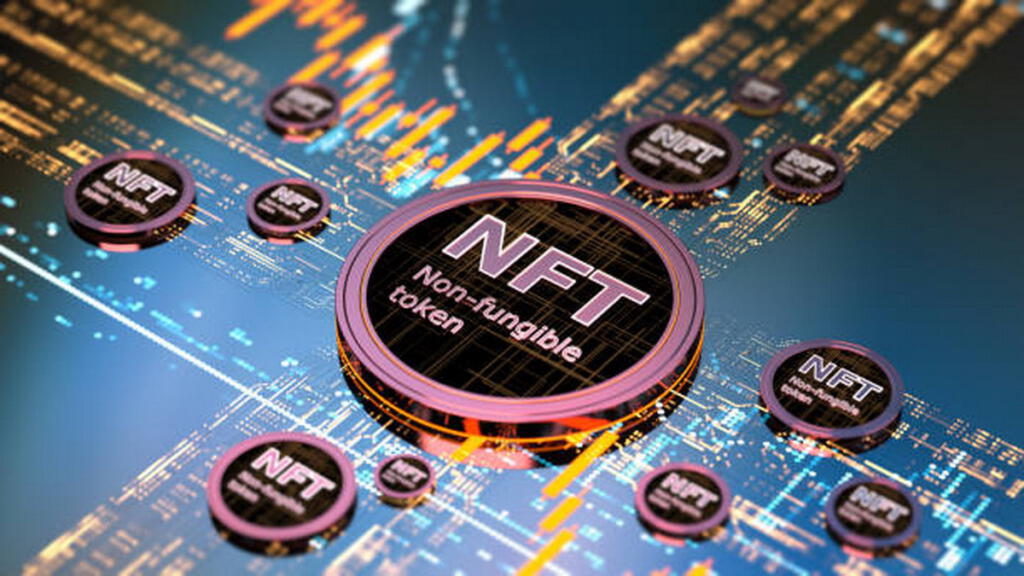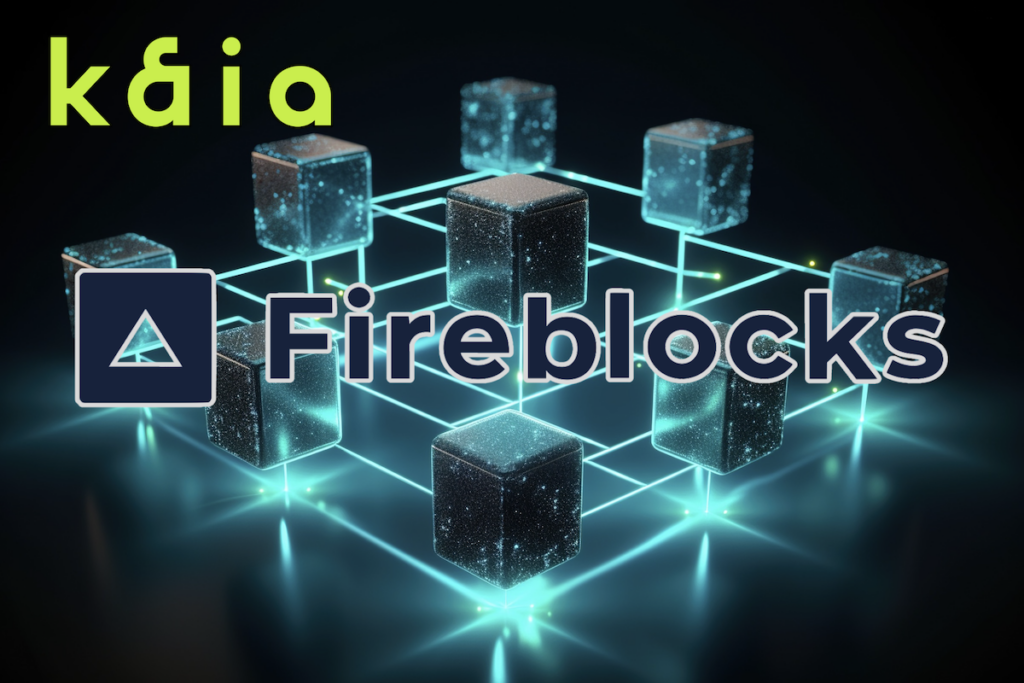The Metaverse platform is a notion as opposed to a product or service. It does not currently exist, nor would its creation constitute a particular product or service. Nonetheless, it is supported by many clever people from big tech companies. Investing in the Metaverse carries the same risks and rewards as any other business model in the physical world. If you buy today, you may get in on the ground floor of something significant or lose your entire investment on something that fails.
Microsoft’s $69 billion acquisition of game developer Activision, the corporation’s largest acquisition to date, is anticipated to give the company massive exposure in the Metaverse. Even Apple’s chief executive officer, Tim Cook, feels the Metaverse platforms have “great promise.”
And not only public companies. Institutional investors such as Blackrock also seek profitable investments in the best Metaverse stocks. How, therefore, can an average investor participate in the earliest phases of this groundbreaking technology?
Exchange-Traded Funds (ETF)
The most convenient way to invest in the Metaverse is through an ETF or exchange-traded fund. Because ETFs are diversified, they can reduce volatility, lowering overall risk exposure in the market. Investors can now invest in the Metaverse Roundhill Ball Metaverse ETF (META) fund directly through their brokerage account. It is the largest and oldest fund available and focuses on gaming, infrastructure as a service (IAAS), and computer hardware companies Metaverse stocks.
Top holdings in publicly traded companies include NVIDIA Corporation (NASDAQ: NVDA), Roblox Corp (NYSE: RBLX), and Microsoft Corporation (NASDAQ: MSFT).
Virtual World and Video Game Industry
Video games may lead to the Metaverse. These firms already produce metaverse-style virtual environments; therefore, they’re on that platform. The fundamental contrasts are that video game worlds reside in silos rather than a shared place, and few offer augmented reality.
There is another reason why video games may be a metaverse focus. Virtual concerts will change the user experience most in entertainment. Despite Zuckerberg’s marketing, no one has found a productive use for virtual reality headsets. Switching from Zoom to a headset hurts communication and productivity by replacing facial cues with digital avatars.
Then there’s entertainment. Wrapping yourself in the world of Azeroth would be significantly different from watching it on a 2-D TV. Therefore this business has the potential for near-term consumer advantages from virtual reality tech. Interested Metaverse investors should consider Microsoft, Sony, Apple, and Electronic Arts.
Virtual Land Boom

The competition to stake the most digital land is heating up, and businesses are shelling out millions of dollars to ensure that they get their fair share. Over 60% of Pavia’s 100,000 lots have been sold. It’s based on Cardano and has over 8,700 NFT holders.
Another well-known undertaking is Decentraland (MANA). The 7,000 wallets store 36 million MANA. Decentraland attracts institutional money and celebrities because of the Metaverse trend’s potential for future gains. However, buying virtual land is risky because it’s still early stages.
Metaverse Cryptocurrencies and NFTs

NFTs provide distinct digital ownership. You can buy anything online, own it, and transfer ownership throughout the Metaverse. So you may buy NFT for art and show it in your online home. You may even acquire the NFT for a weapon in a video game to own the gun in the game and all other spaces.
Initially, investing in NFTs for the Metaverse compounds speculation. The Metaverse doesn’t exist yet, so no one knows precisely how it will work if it ever is made. Buying an NFT for this space means you anticipate the Metaverse will emerge in a particular form, to use a specific technology called blockchain, and that the software will be helpful in that market (Many guesses).
Secondly, NFTs are a volatile, highly speculative investment class. Some people have made a profit by producing and selling NFTs, but there’s no evidence they’ve made considerable money by trading them. Large NFT markets like OpenSea constantly remove stolen and scammed assets.
If you think blockchain will change the Metaverse, consider Ethereum (market cap of 246.5 USD). It’s a speculative and volatile asset, but it’s also a digital contract.
Conclusion
The Metaverse imagines a digital platform where you can move quickly from Google to the New York Times to your blog while using the same browser and without any barriers. Optical virtual reality tech from Oculus and Boston-based Rendever has also improved quickly. Hence, it shows it may be possible to combine the internet with digital assets. The meta platforms are a shared planet that connects internet space. It doesn’t exist yet, but IT companies are working to build it, opening investment potential.




